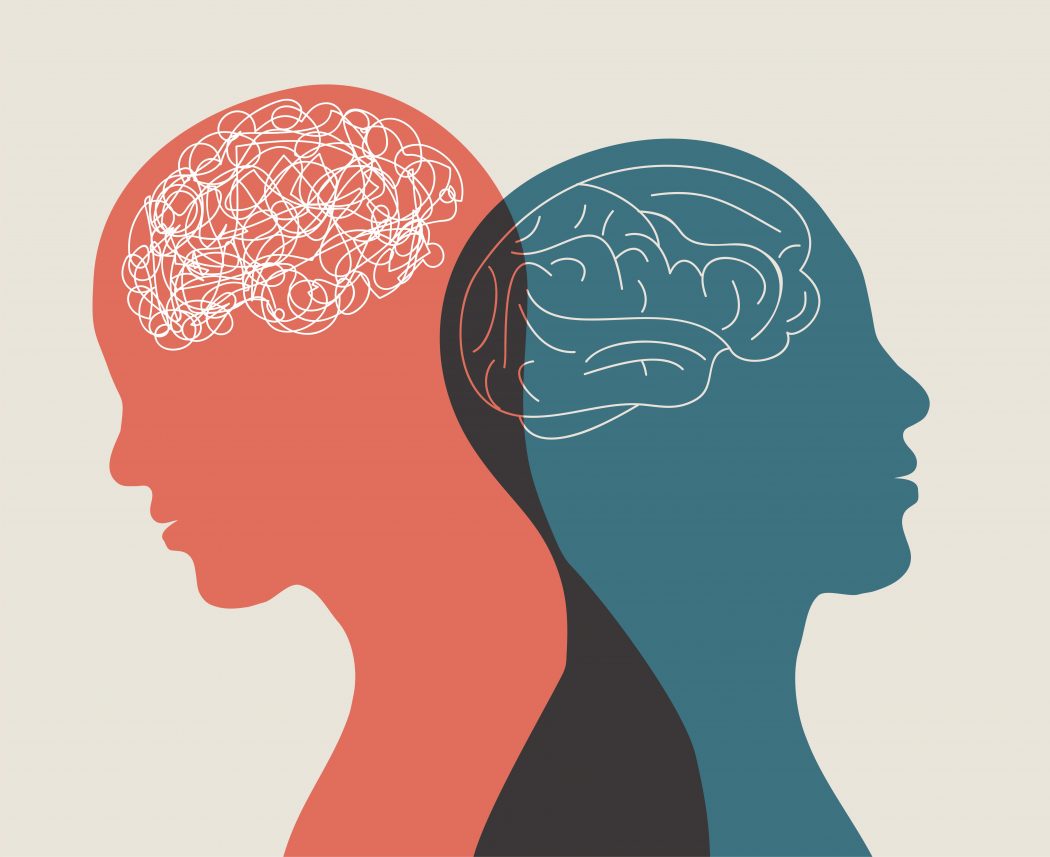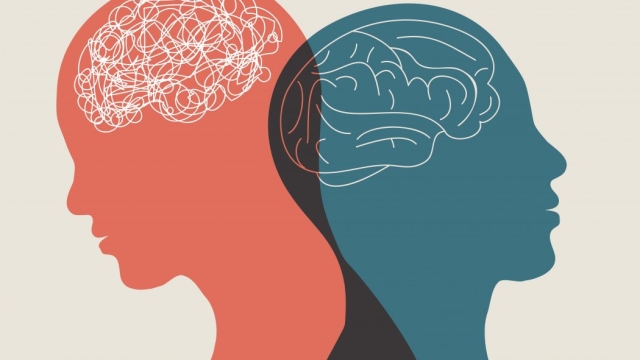In today’s fast-paced and demanding world, finding the delicate balance between wellness and mental health has become increasingly crucial. As we navigate through the complexities of daily life, it is imperative to understand the vital connection between our physical well-being and our psychological state. Wellness and mental health go hand in hand, influencing and complementing each other in ways that allow us to lead fulfilling and meaningful lives.
When we speak of wellness, it encompasses a holistic approach to self-care – maintaining a healthy body, mind, and soul. It involves nurturing ourselves through proper nutrition, regular exercise, quality sleep, and engaging in activities that bring us joy and contentment. Wellness is not merely the absence of illness; it is an active pursuit of optimal well-being and vitality.
On the other hand, mental health encompasses our emotional, psychological, and social well-being. It affects how we think, feel, and act, and has a significant impact on our ability to handle stress, cope with challenges, and maintain healthy relationships. Mental health is a continuum, and just like physical health, it requires attention, care, and support.

Understanding the intricate link between wellness and mental health allows us to recognize the profound impact that taking care of our physical bodies can have on our emotional well-being, and vice versa. Engaging in regular exercise not only benefits our physical health by improving cardiovascular strength and boosting immunity, but it also releases endorphins that uplift our mood and reduce symptoms of anxiety and depression.
In the same vein, practicing mindfulness and adopting relaxation techniques can help diminish stress levels, improve concentration, and promote a more positive mindset. Prioritizing self-care, whether through activities we love, spending time with loved ones, or pursuing hobbies, enhances our overall well-being and contributes to a healthier mental state.
While the connection between wellness and mental health is undeniable, it is essential to remember that each individual’s journey is unique. What works for one person may not have the same effect on another. It is vital to listen to our bodies, strive for a balance that suits our individual needs, and seek professional guidance when necessary.
In the upcoming sections, we will delve deeper into the various aspects of wellness and mental health, exploring strategies, tips, and insights to help us navigate this delicate intersection. By recognizing the significance of nurturing both our bodies and minds, we can embark on a journey towards overall well-being, leading us to live our lives to the fullest potential.
Understanding Wellness and Mental Health
Wellness and mental health are two interconnected aspects of our overall well-being. While wellness focuses on our physical health, mental health concerns our psychological and emotional well-being. Both elements are integral for leading a fulfilling and balanced life.
Promoting wellness involves adopting a holistic approach that encompasses various dimensions of our health, such as physical, emotional, social, and spiritual well-being. It encourages us to take proactive steps towards maintaining good physical health through regular exercise, a balanced diet, and sufficient rest. Additionally, it highlights the importance of cultivating healthy relationships, managing stress effectively, and finding meaning and purpose in our lives.
On the other hand, mental health relates to our cognitive and emotional well-being. It encompasses how we think, feel, and behave, impacting our ability to cope with challenges, handle stress, and form healthy relationships. Prioritizing mental health involves understanding and managing our emotions, developing effective coping strategies, and seeking support when needed. It is also crucial to educate ourselves and create a supportive environment that reduces the stigma surrounding mental health issues.
Recognizing the intersection between wellness and mental health is vital as they influence each other significantly. When our physical health is well-maintained, it positively impacts our mental well-being, and vice versa. Engaging in activities that promote both wellness and mental health, such as practicing mindfulness, engaging in hobbies, and maintaining a healthy work-life balance, can contribute to our overall sense of well-being.
By understanding and nurturing both wellness and mental health, we can achieve a state of equilibrium that allows us to thrive in all aspects of our lives. In the following sections, we will explore practical strategies for maintaining wellness and prioritizing mental health, ultimately uncovering the harmony between the two.
Exploring the Linkage between Wellness and Mental Health
In today’s fast-paced world, the importance of both wellness and mental health cannot be overstated. These two concepts are closely interconnected, with each significantly impacting the other. Achieving overall wellness requires a focus on mental health, and nurturing our mental well-being contributes to a balanced and fulfilling life.
Wellness encompasses various aspects of our lives, including physical, emotional, and spiritual well-being. It involves taking care of our bodies through regular exercise, maintaining a nutritious diet, and ensuring adequate rest. At the same time, emotional and spiritual wellness involve finding inner peace, managing stress, and fostering positive relationships. When we neglect our mental health, it can have adverse effects on our overall wellness, leading to physical ailments, emotional instability, and a lack of fulfillment.
Mental health, on the other hand, refers to our cognitive, emotional, and behavioral well-being. It encompasses how we think, feel, and act as individuals. A sound mental state allows us to cope with life’s challenges, maintain healthy relationships, and adapt to changes. When our mental health is compromised, it can have detrimental effects on our sense of purpose, our abilities to manage stress, and our overall quality of life. By prioritizing mental health, we not only nurture our well-being but also foster resilience in the face of adversity.
Counseling Fort Worth
In summary, understanding the linkage between wellness and mental health is crucial for leading a balanced and fulfilling life. Prioritizing both aspects allows us to take proactive steps towards achieving overall well-being and maintaining a healthy state of mind. By promoting mental health, we enhance our ability to handle life’s ups and downs, leading to a more harmonious and satisfying existence.
Strategies for Achieving Balance in Wellness and Mental Health
Prioritize Self-Care:
Taking care of oneself is crucial for maintaining a balance between wellness and mental health. This involves setting aside regular time for activities that promote relaxation and rejuvenation. Whether it’s indulging in a hobby, practicing mindfulness, or simply taking a walk in nature, self-care allows individuals to recharge and refocus on their overall well-being.Cultivate Healthy Relationships:
Building and nurturing positive relationships can greatly impact both wellness and mental health. Surrounding oneself with supportive and understanding individuals can provide emotional support during challenging times, reducing stress levels and increasing feelings of belonging. Actively investing in relationships, practicing effective communication, and seeking social connections can contribute to a sense of fulfillment and overall mental well-being.Embrace a Holistic Approach:
Adopting a holistic approach means considering the interconnectedness of different aspects of one’s life. Recognizing that physical health, emotional well-being, and mental clarity are all intertwined allows for a more comprehensive understanding of overall wellness. This approach emphasizes the importance of treating the body and mind as a unified system, and actively addressing all dimensions of health through practices such as exercise, healthy eating, mindfulness, and therapy.
By implementing these strategies, individuals can strive to achieve a harmonious balance between their wellness and mental health, leading to a more fulfilling and resilient life. Remember, balance is a journey, and it’s important to consistently assess and adjust these strategies as needed, allowing for personal growth and the ongoing pursuit of well-being.


